Lenovo Explorer Windows Mixed Reality Headset Review: A Low-Cost VR On-Ramp
Why you can trust Tom's Hardware
Health, Safety, Maintenance & Setup
It’s always a good idea to read the manual when you purchase a new piece of computer equipment, and that advice should be taken even more seriously when you’re dealing with a device that you put on your head and over your eyes. VR headset designers typically take safety seriously—perhaps to a fault—and Lenovo is no different. The product manual is full of health and safety warnings.
The manual that comes with the Lenovo Explorer headset warns that you should refrain from using the device if you suffer “head, respiratory, back, joint, orthopedic, or other serious medical conditions.” The company also advises against using the headset if you have “high blood pressure, tendinitis, or carpal tunnel.” And the Lenovo Explorer isn’t suitable for pregnant women, or people that have difficulty with physical activity. These guidelines are typical of HMD instructions, but Lenovo strayed away from the industry with the age restrictions.
Lenovo, like all other headset makers, suggests that seniors should consult a doctor before using the Explorer headset. Curiously, Lenovo’s guidebook doesn’t say anything about limiting access to younger children. The Lenovo Explorer headset features a small headband that should make it easy to fit the device on a child’s head, but it doesn’t support adjustable lens spacing, which means the interpupillary distance (IPD) would be too wide for small heads. Most HMD makers warn that kids younger than 13 shouldn’t use VR headsets, because it could affect the development of their eyes.
Lenovo isn’t concerned about young kids using the Explorer headset, but it does warn that using the device could be hazardous to your health if your life relies on an implanted medical device such as a pacemaker. Lenovo notes that the electromagnetic signals from the headset could interfere with such devices. You should also avoid VR if you have photosensitive epilepsy, because the images can trigger seizures and other symptoms.
Maintaining the Device
The maintenance section of the Lenovo Explorer user guide suggests that “with appropriate care and maintenance, the Lenovo Explorer headset will serve you reliably.” That may be true, but Lenovo could have done a better job making it easy for you to keep the headset clean.
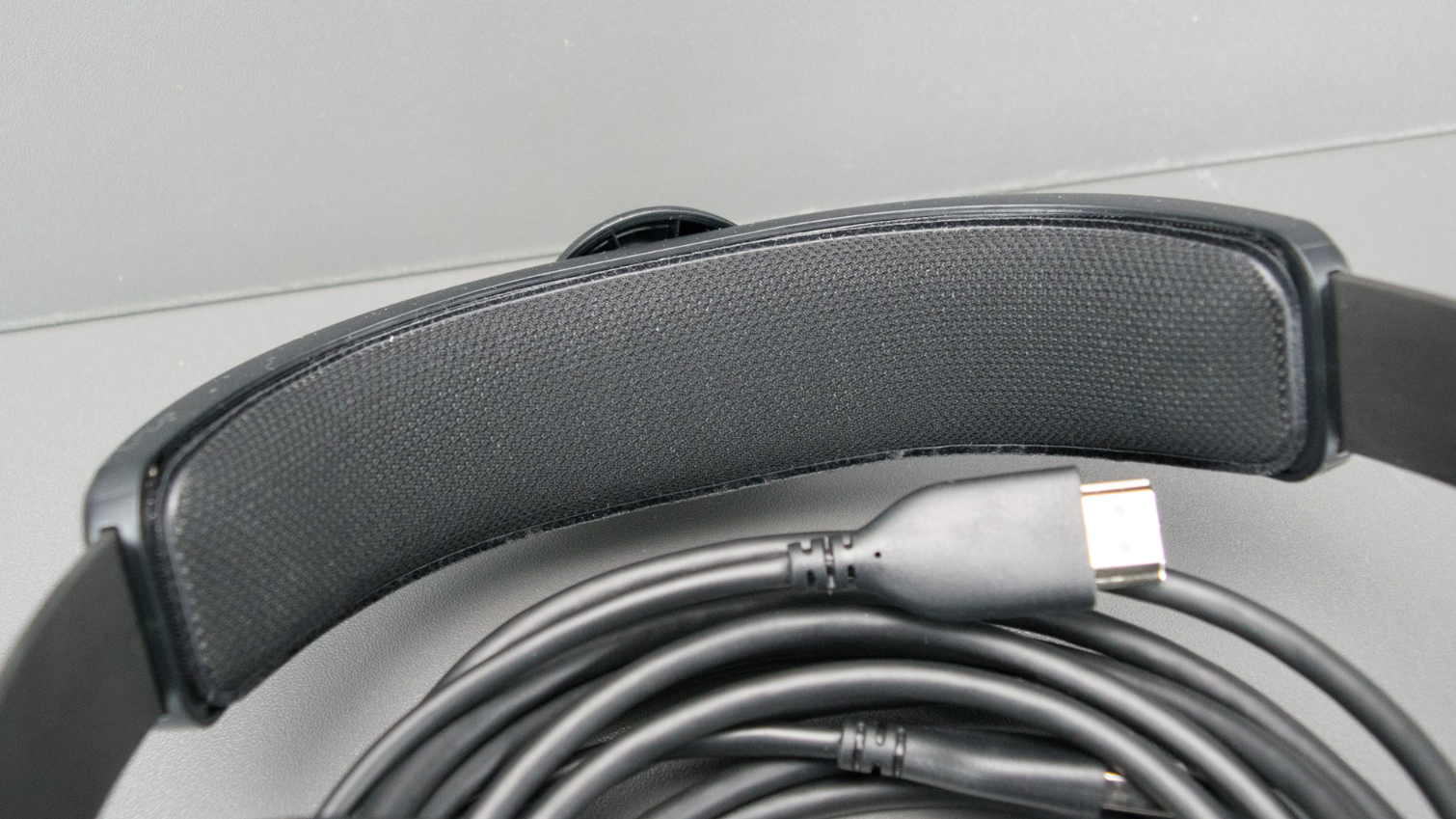
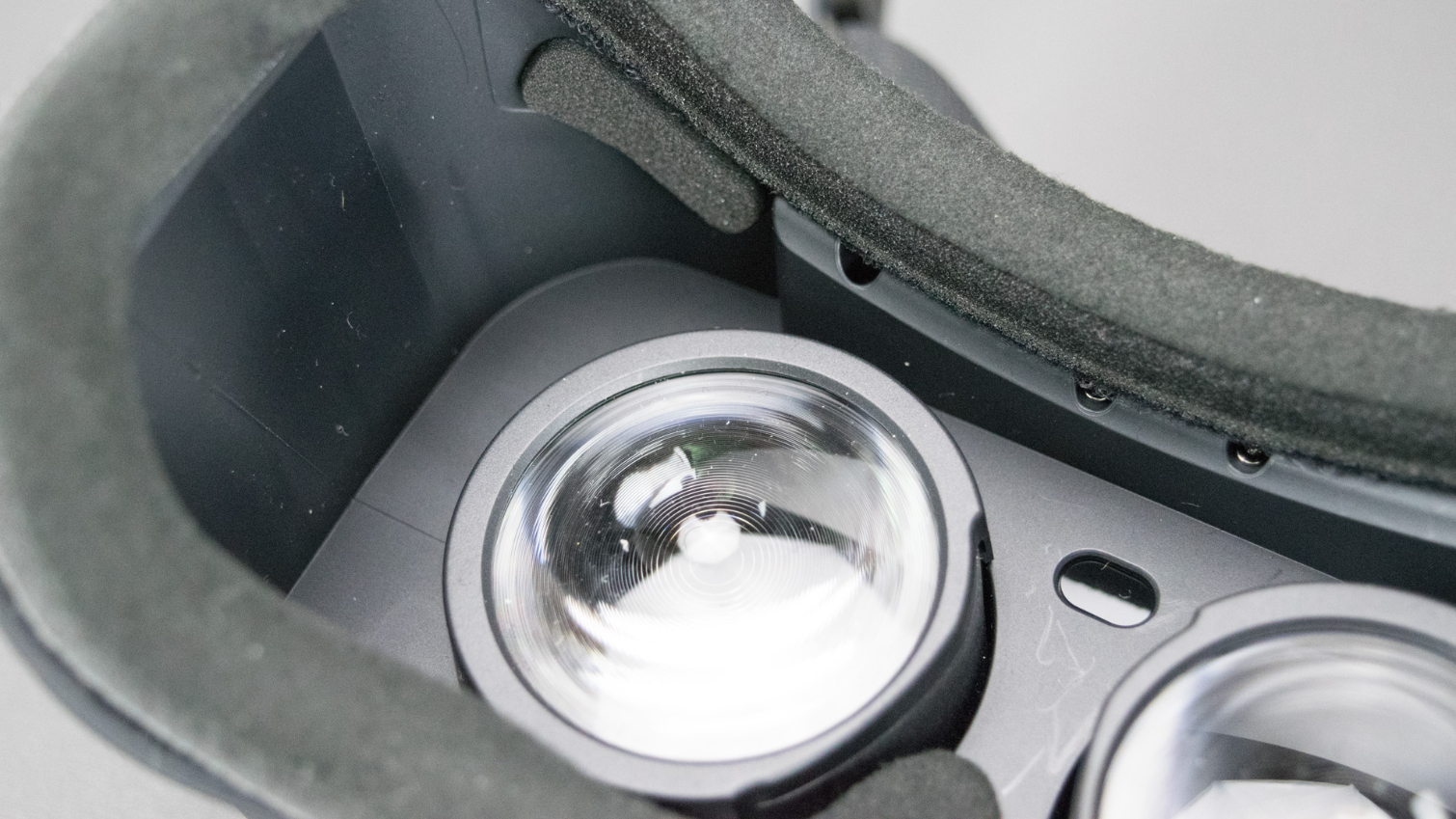
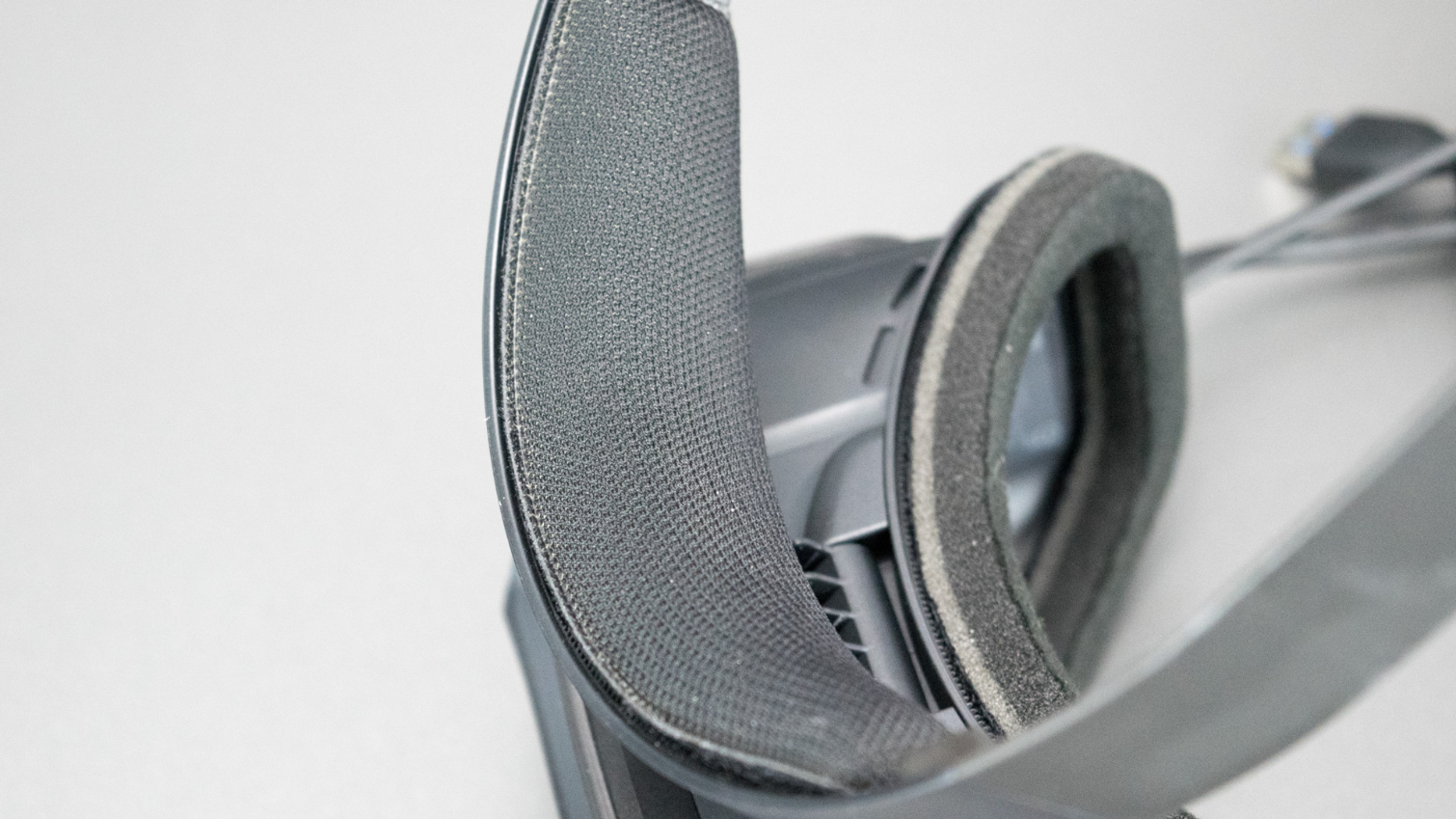
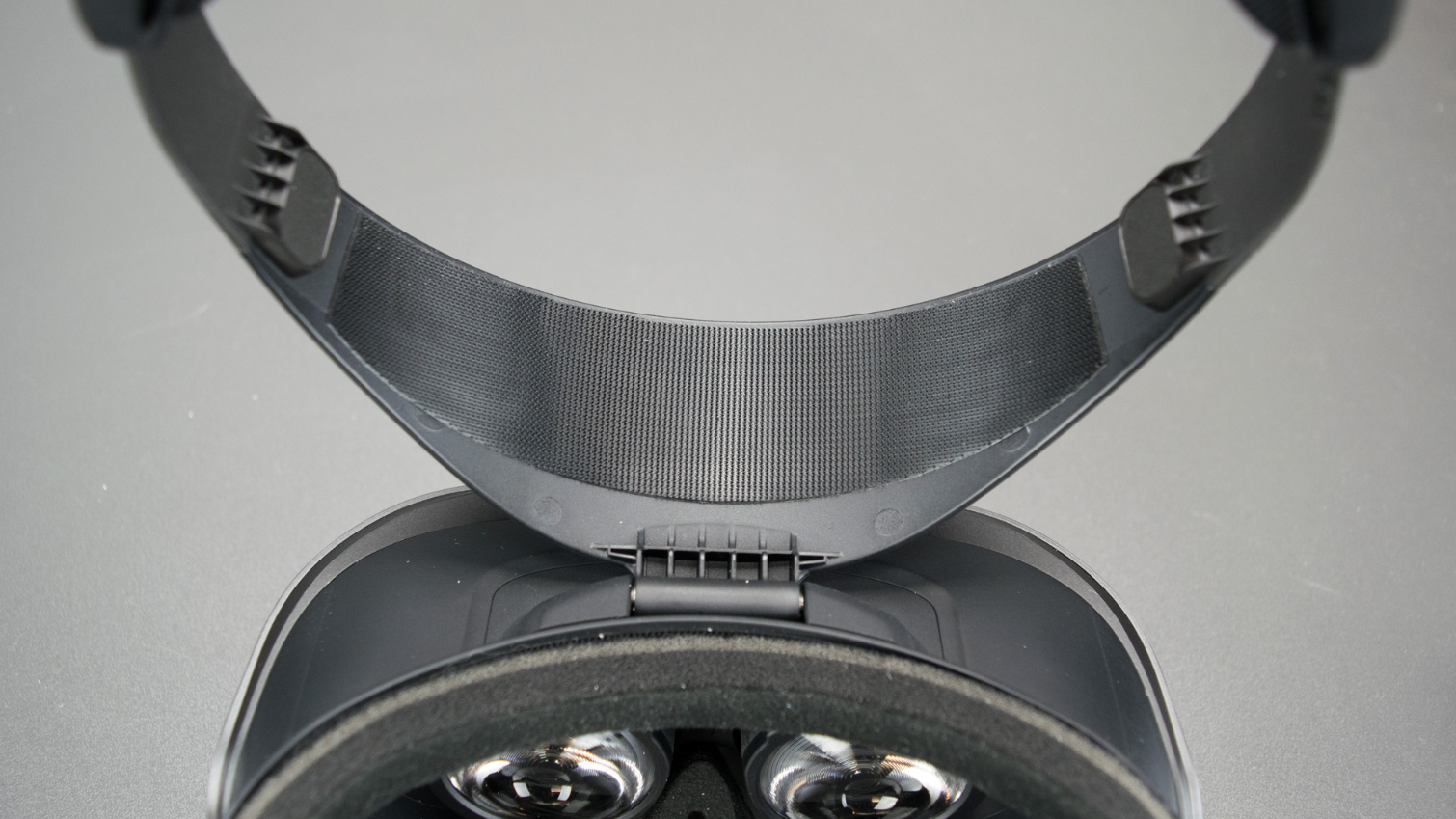
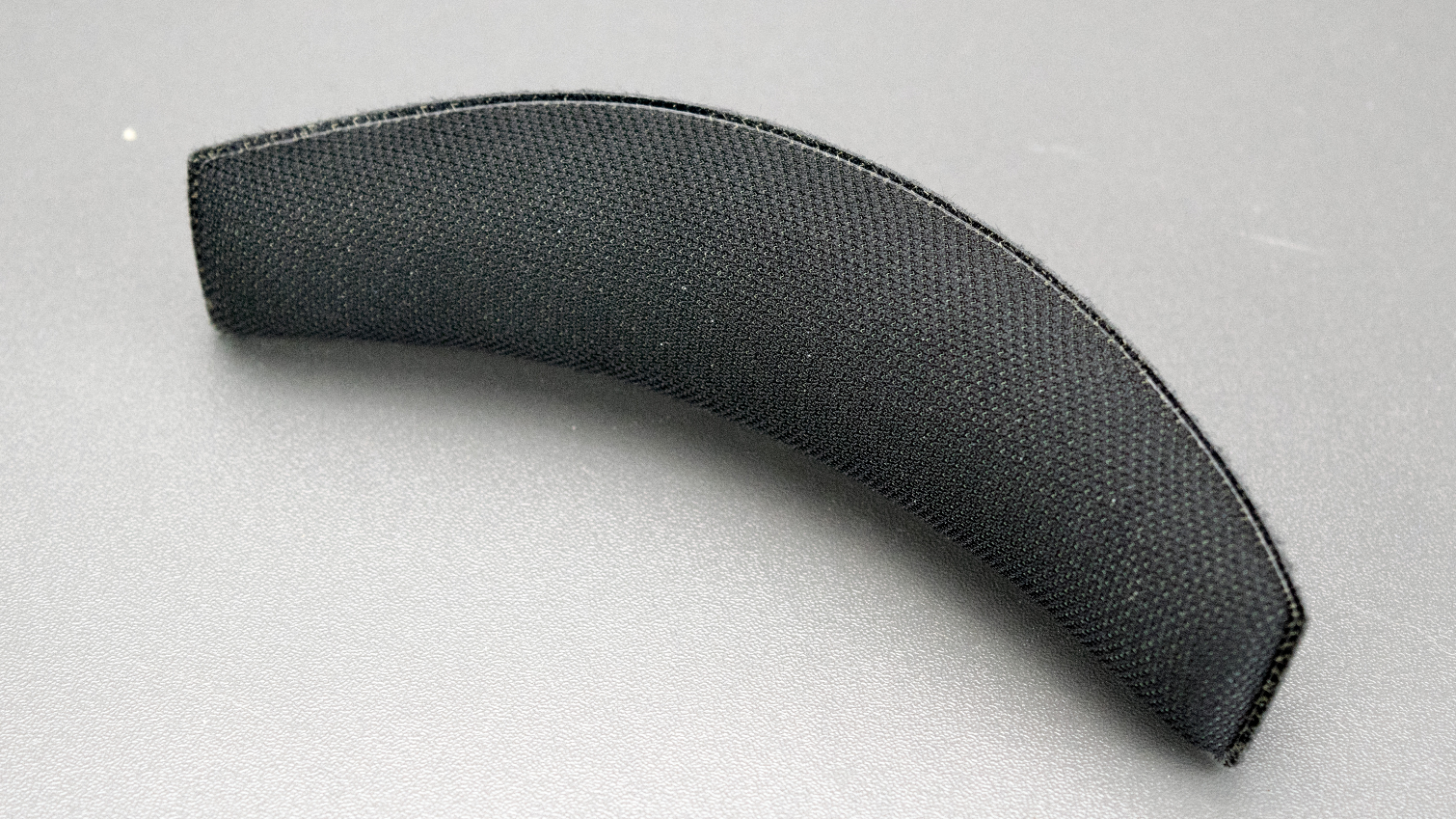
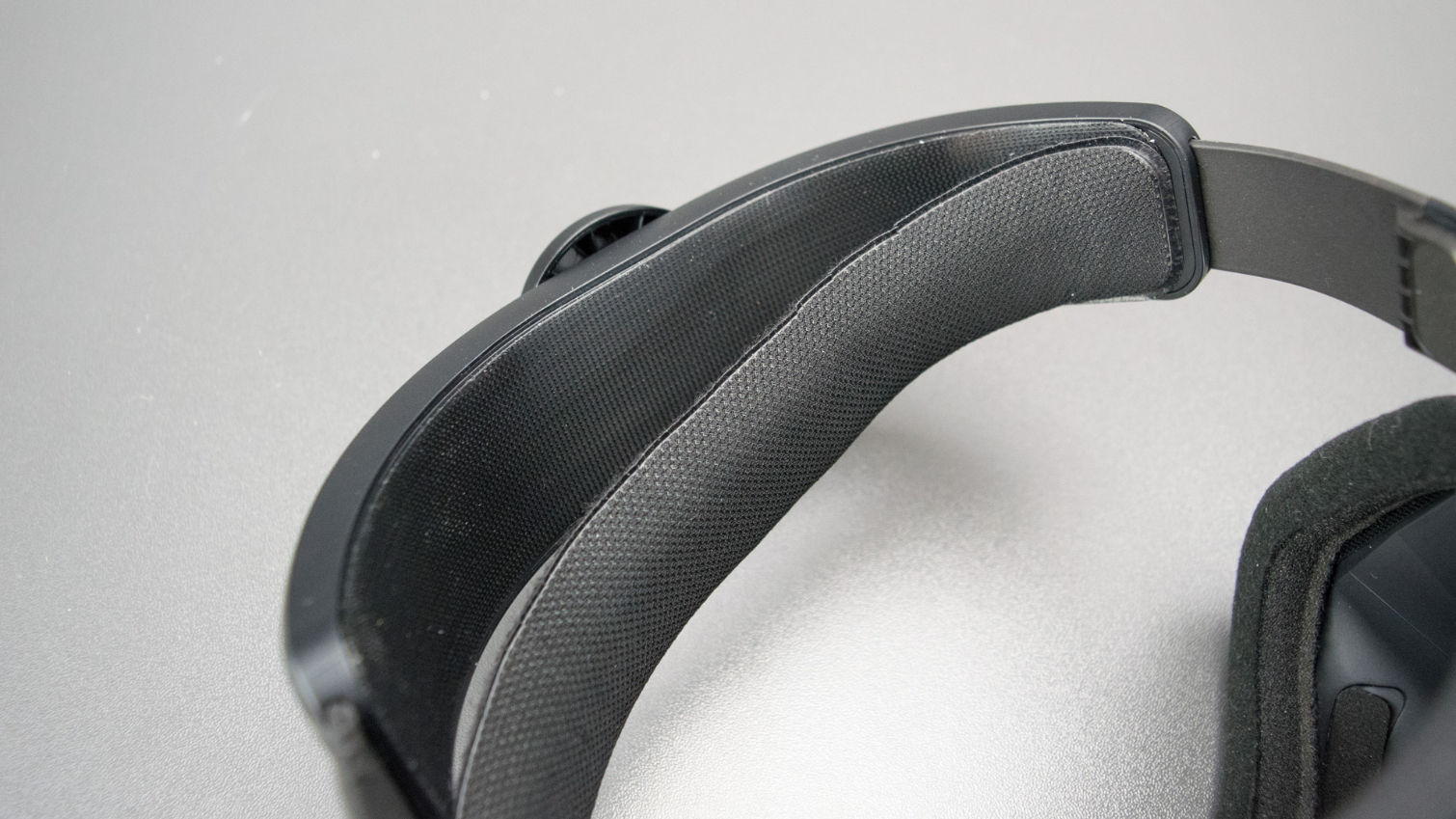
The Lenovo Explorer is sealed well on the outside, but there’s a gap next to the lenses that could allow dust to accumulate inside. We suppose you could clean it out with compressed air, but without vents to let the dust out, it could end up getting blown deeper inside the device. We would have liked to see a better seal around the lenses. However, with proper care in storing the device, you could avoid the accumulation of dust inside the HMD.
The Lenovo Explorer headset comes with a soft cloth that you can use to clean dust and smudges from the lenses and sensors. The user guide indicates that you can use water or eyeglass cleaner to dampen the cloth to remove dirt that can’t be wiped away dry.
Get Tom's Hardware's best news and in-depth reviews, straight to your inbox.
Somewhat ironically, the hardest piece of the headset to clean is, without a doubt, the part that you would most frequently need to clean. The face cushion that Lenovo includes with the Explorer headset is a basic foam gasket. It offers reasonable comfort, but it wicks up moisture like a sponge. And Lenovo suggests cleaning it with a dry eyeglass cloth.
The cloth may work on the forehead and rear cushions, as they are somewhat moisture-resistant and won’t soak up your sweat as easily. The face cushion, though, is far more sponge than anything.
We didn’t spend enough time with the headset to break a sweat but shudder to think of the cushion’s condition after an hour of a game like Sprint Vector. And the thought of sharing the headset with friends and family after it has been sopping up sweat? Yuck.
It’s a real shame that HMD designers continue to overlook the fact that people sweat. We don’t understand how moisture-proof, hypo-allergenic face cushions aren’t the standard in the VR industry yet.
Current page: Health, Safety, Maintenance & Setup
Prev Page Evaluating Lenovo's HMD Next Page Conclusion: An Excellent Laptop CompanionKevin Carbotte is a contributing writer for Tom's Hardware who primarily covers VR and AR hardware. He has been writing for us for more than four years.
-
justin.m.beauvais I agree with the idea that WMR is better as a portable VR solution. It is something I discovered after pairing my Acer WMR headset with my Helios 300. I can sit in my small office for work, watching movies, or playing games that I can remain seated, then move the laptop to the living room for room scale experiences. WMR excels at portability. Tracing out a play area, without worrying about lighthouses, and being able to turn on and off the boundary are great features. Having one of those fancy backpack PC's gives you as much play area as you have floor space. Just something to consider. I gladly trade a little tracking accuracy for a much more portable experience.Reply -
David_326 I own an Oculus Rift and a Lenovo Explorer Mixed Reality Headset. If cost is the Same go with the Rift (But add 3rd Sensor). I was able to get Lenovo WMR for $199 from Microsoft. that was just too good of a deal to pass up. If you want to be able to play Vive Games WMR Controllers work better than Oculus Rift. Also you don't sweat as much in the Lenovo as the Rift because it does not cover your face as much. Both have strong point.Reply -
David_326 Right now Lenovo Explore Mixed Reality Headset is $199 on Microsoft.Com. If you are considering getting in to VR. This is a great Starting point. it is Ranked the #2 Windows Mixed Reality Headset Right behind the Samsung WMR. But at this cost it is worth a try.Reply